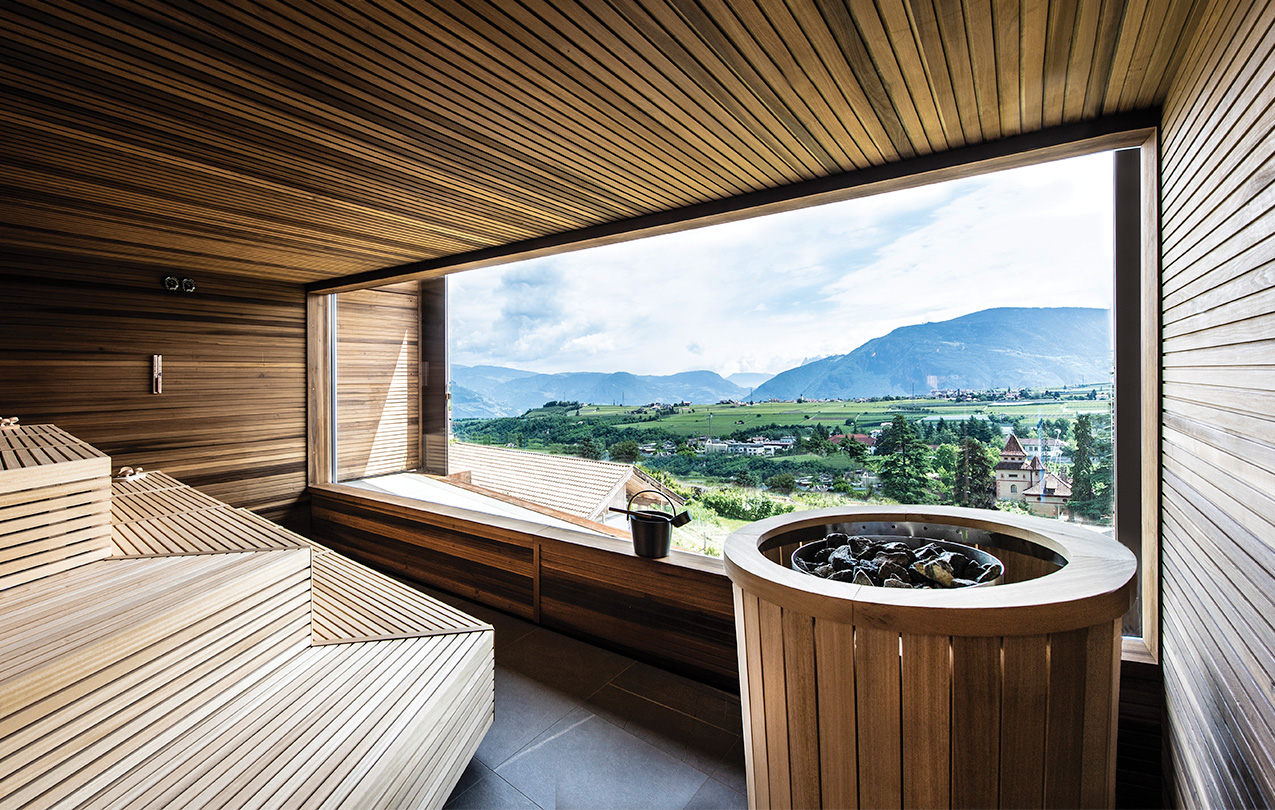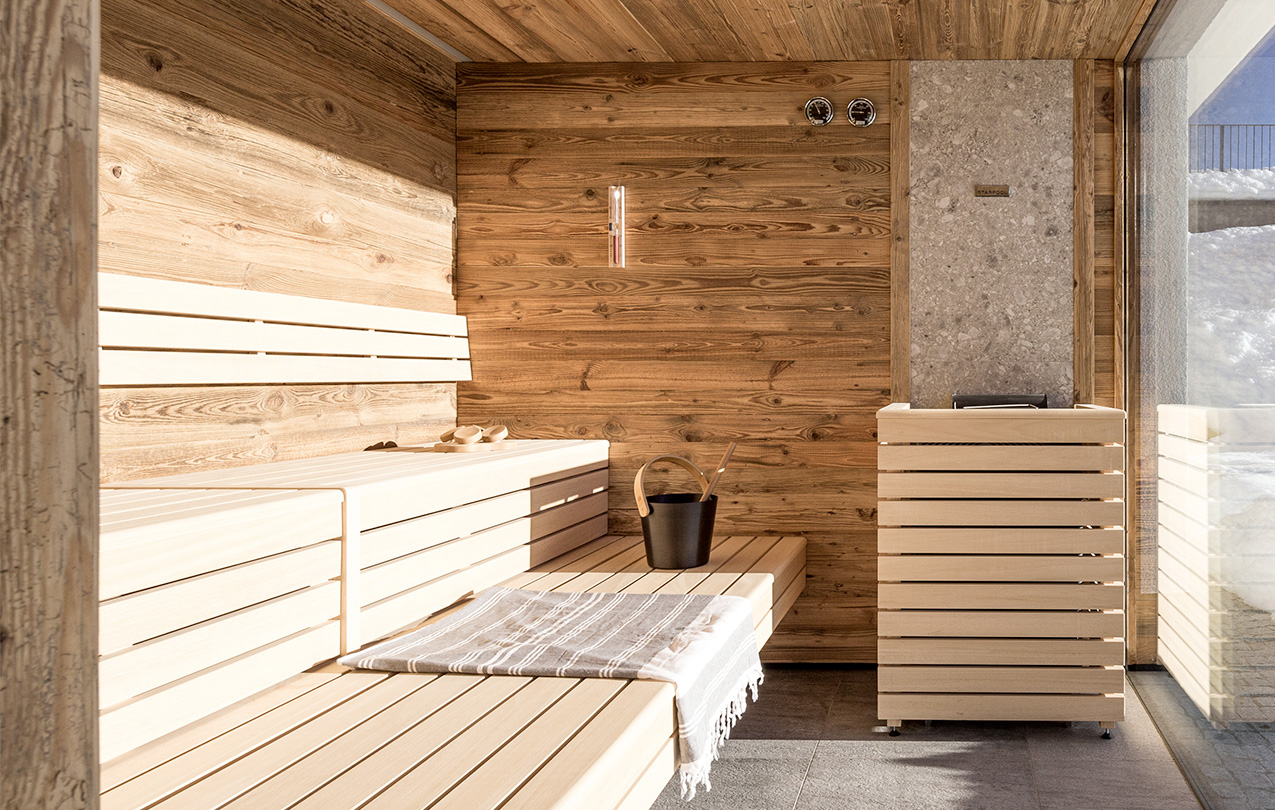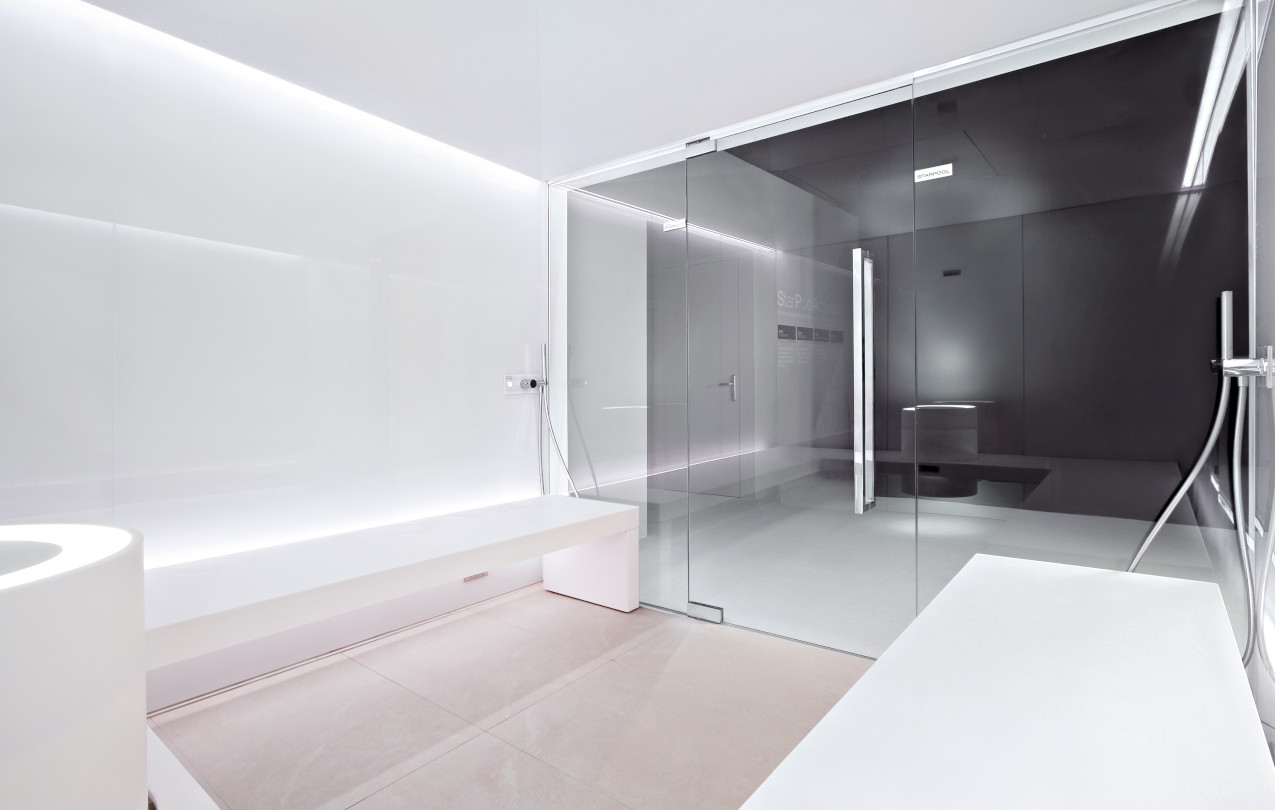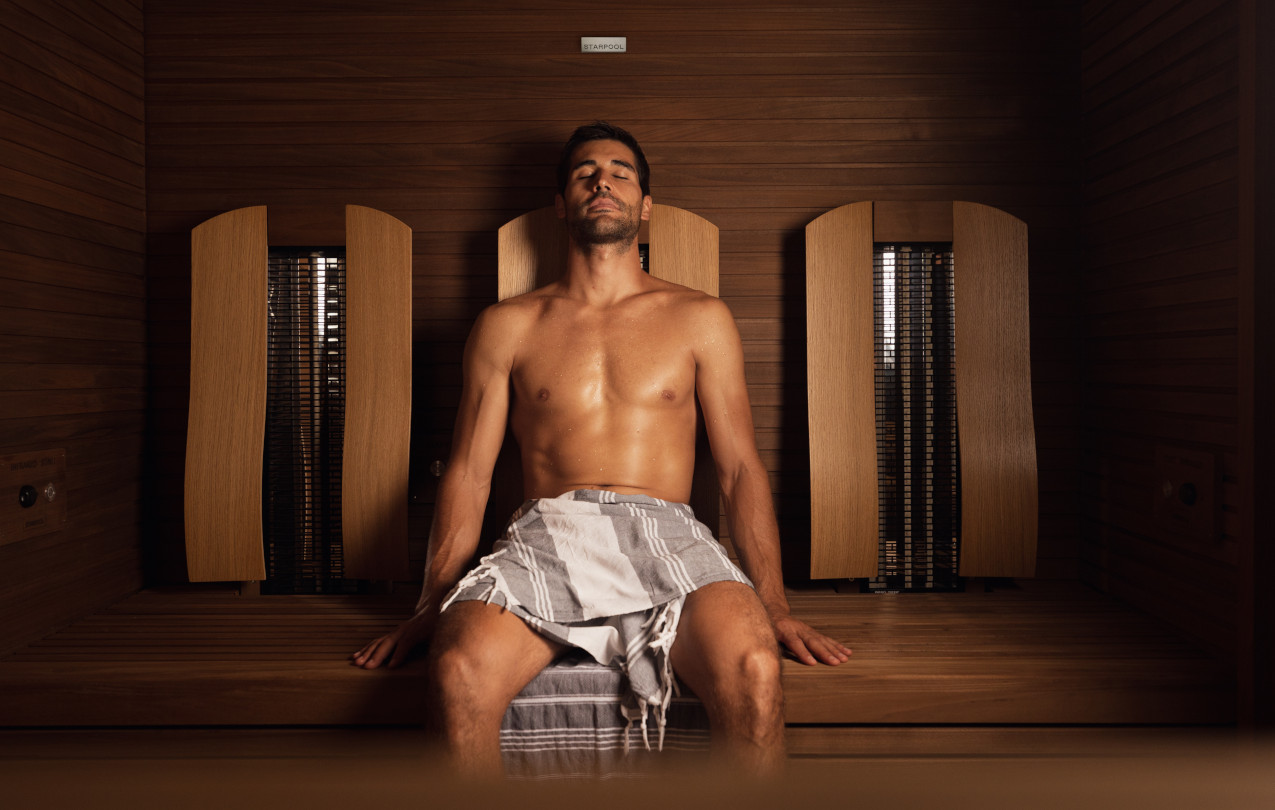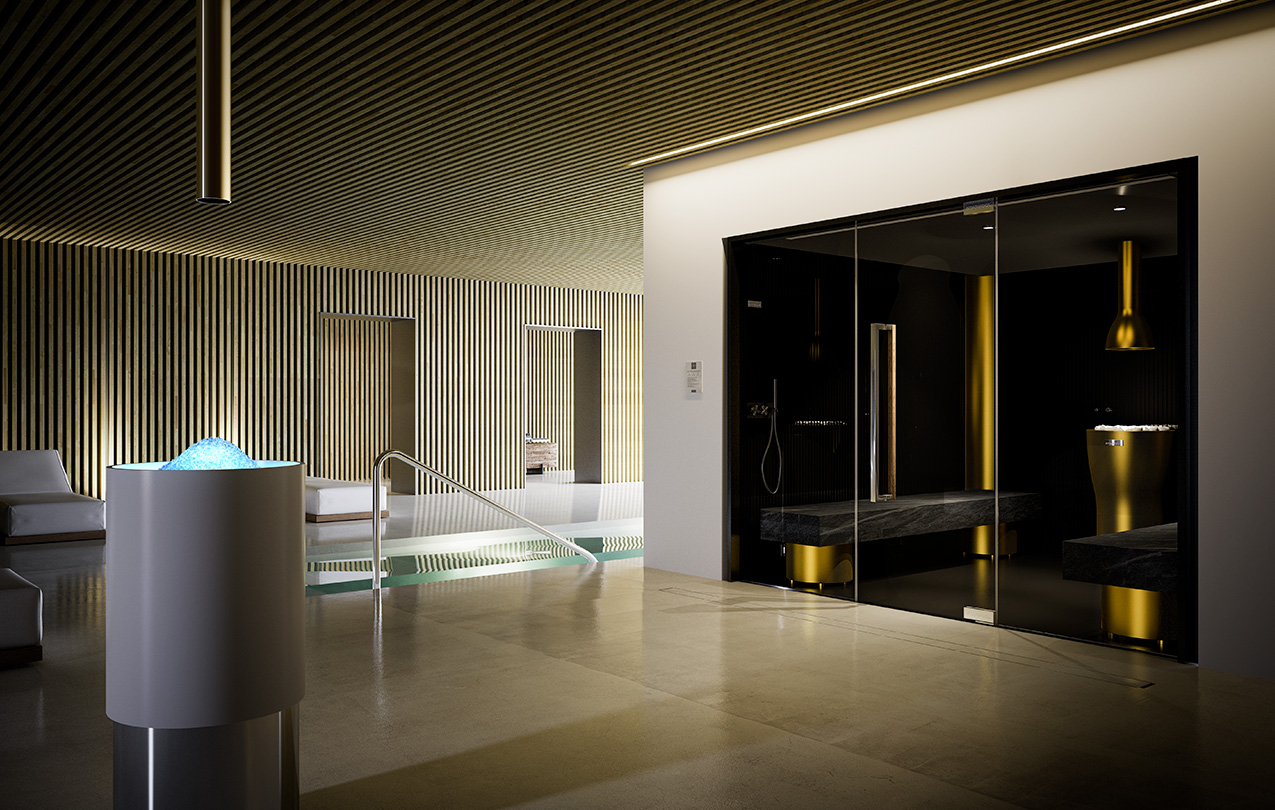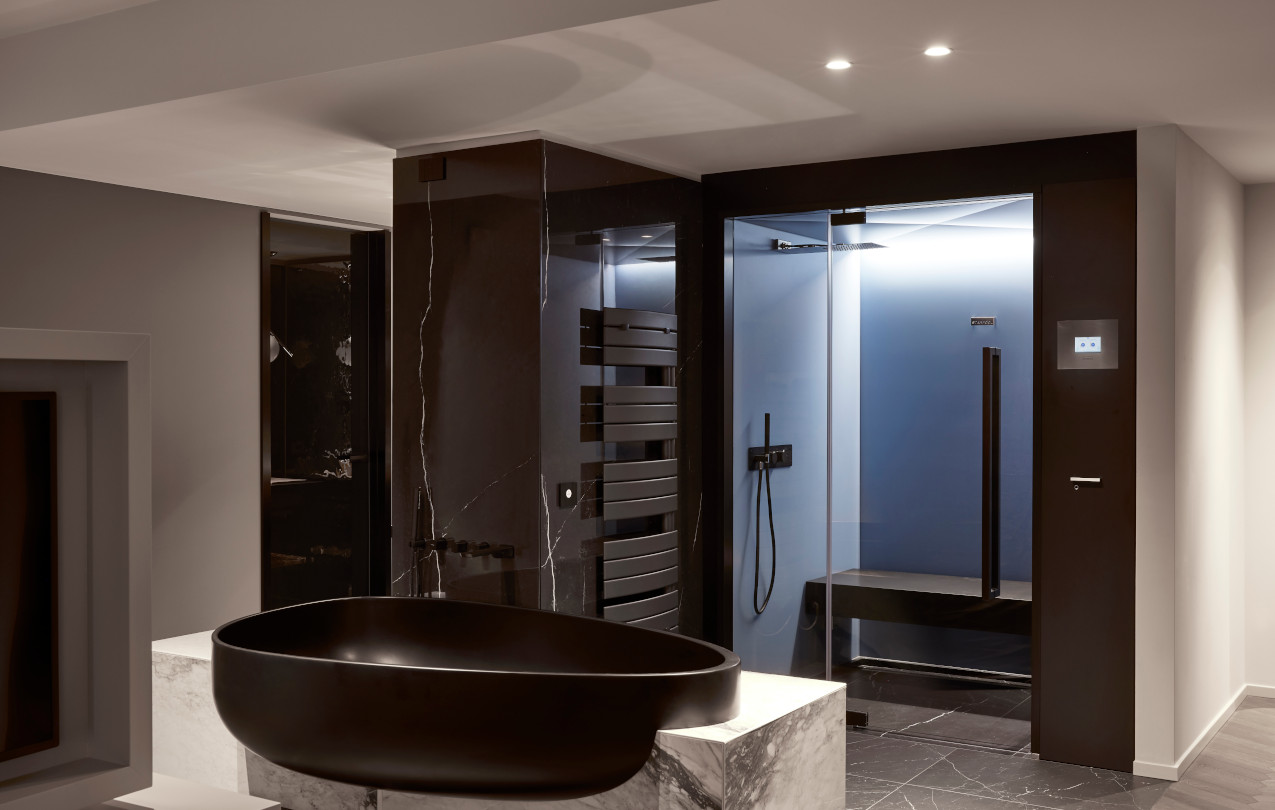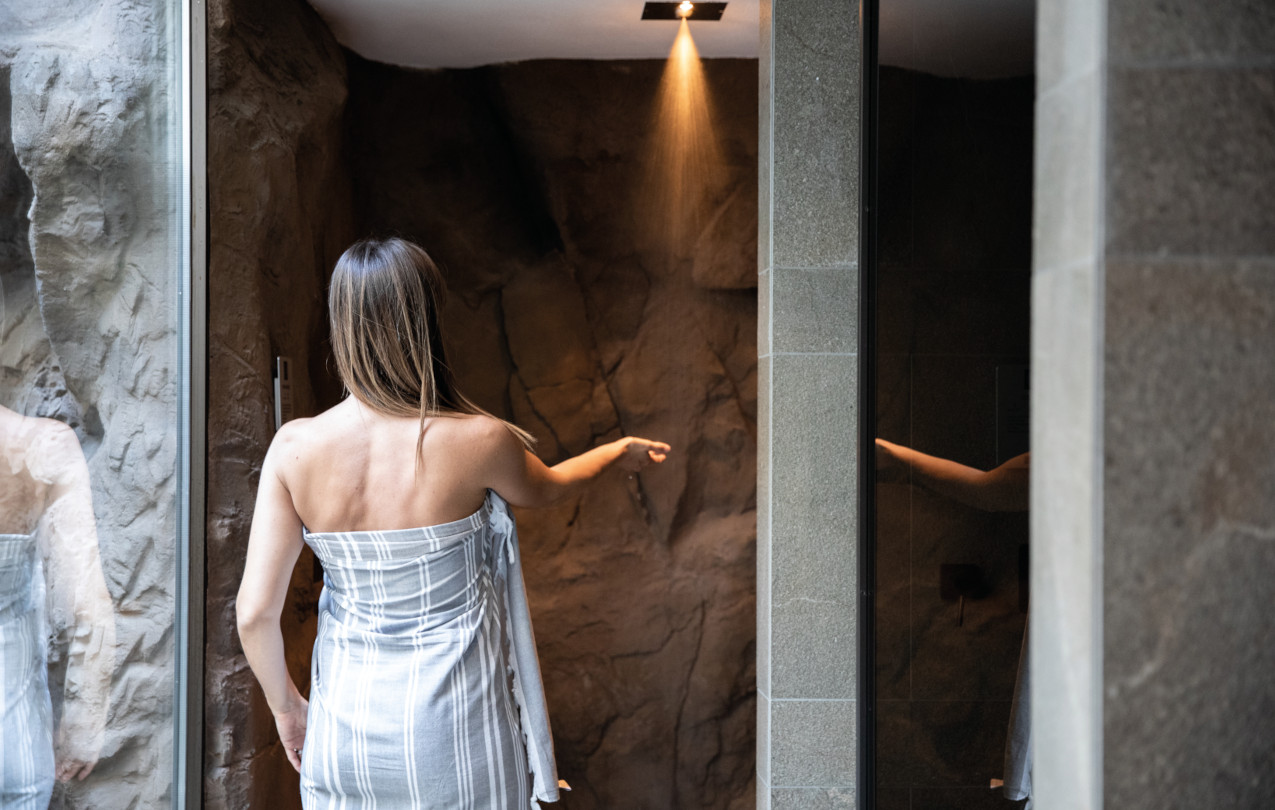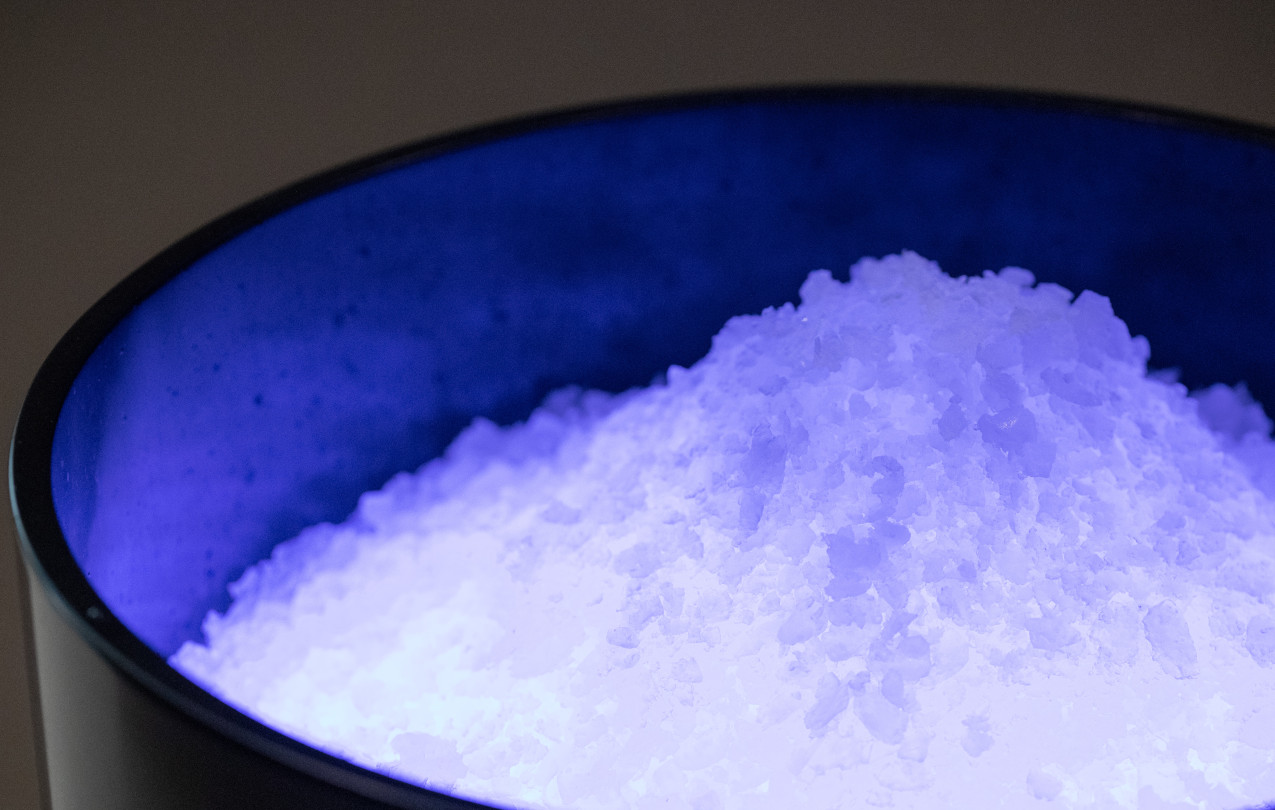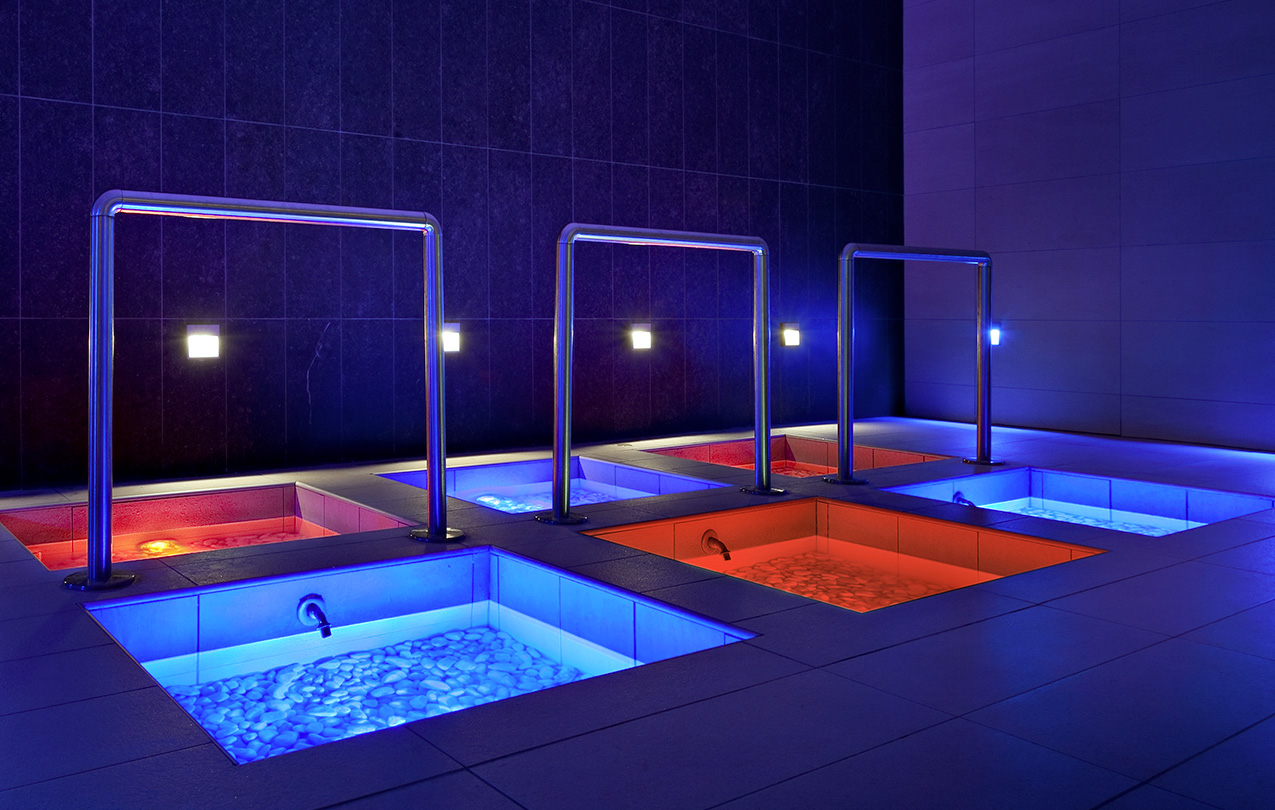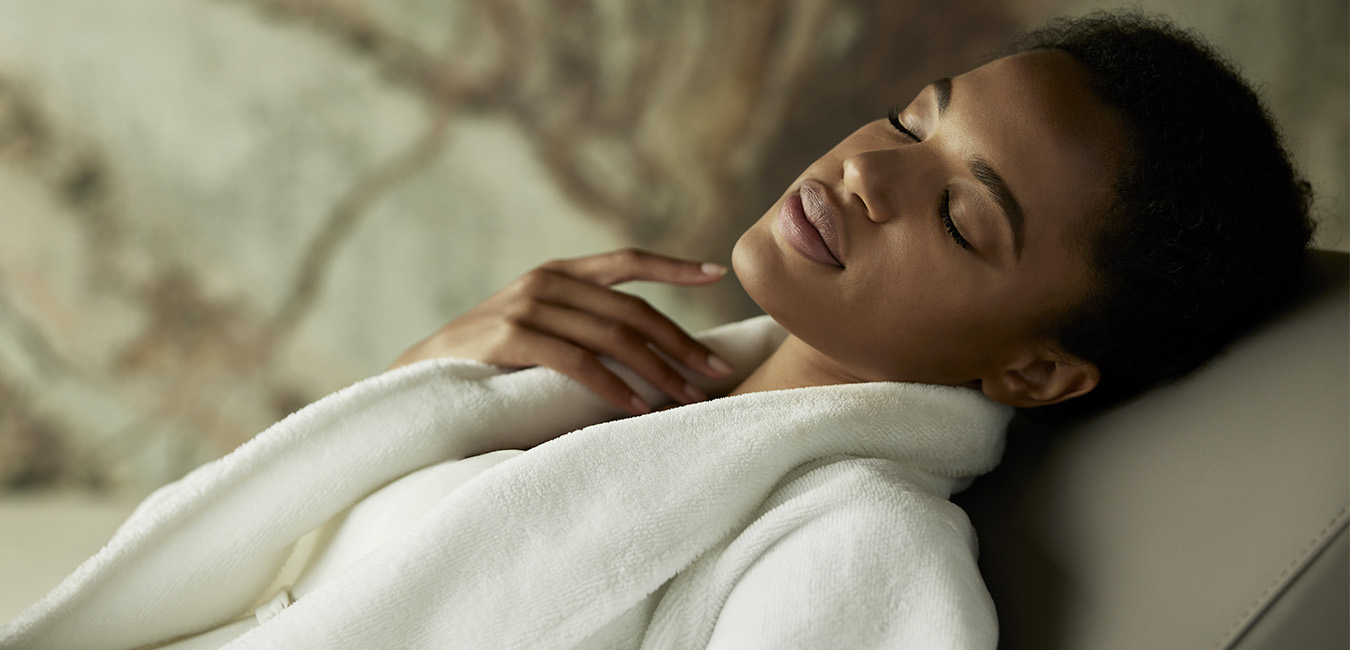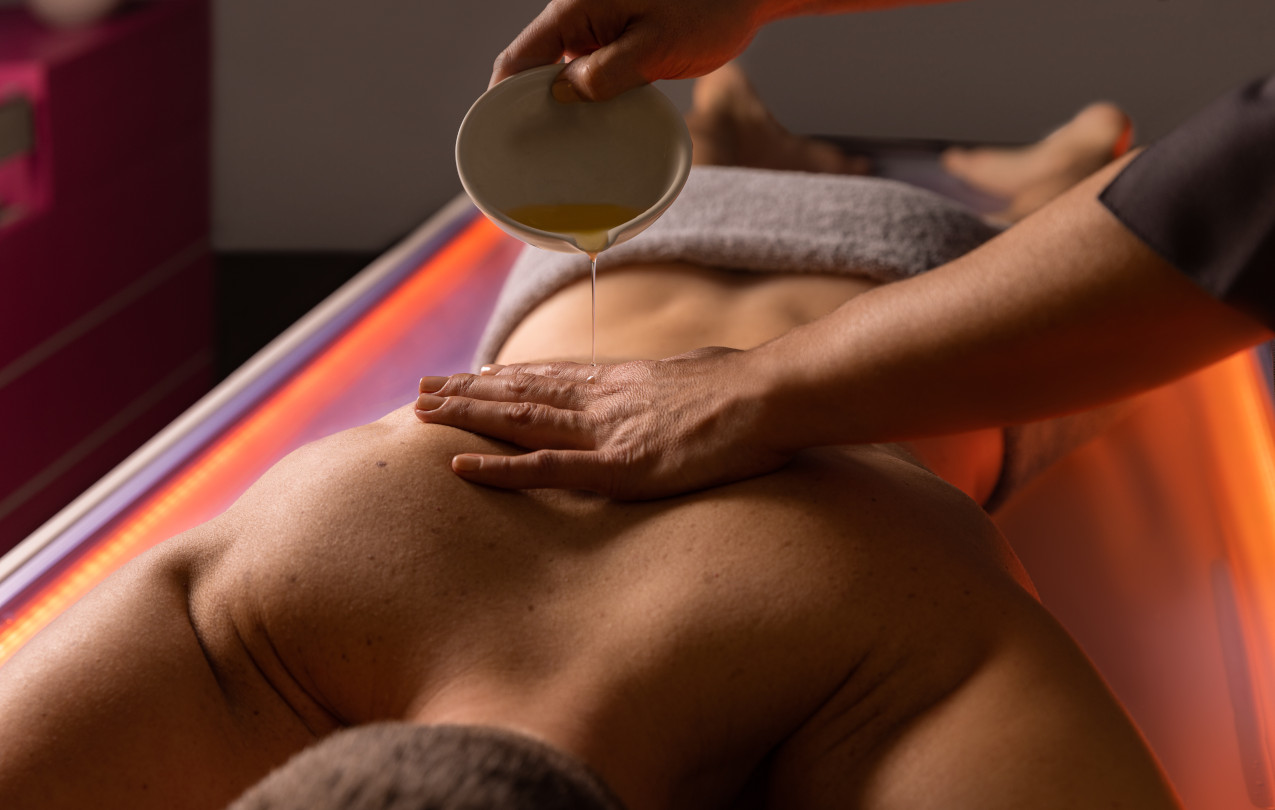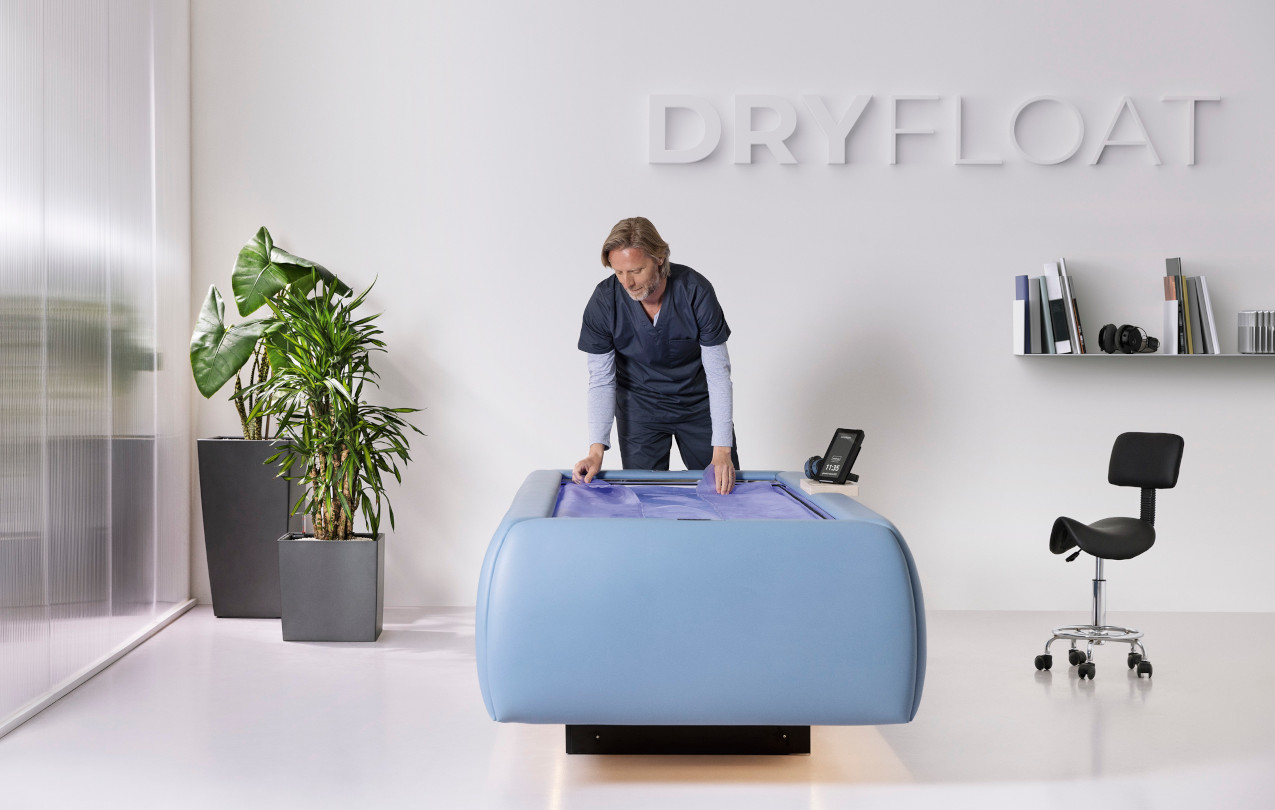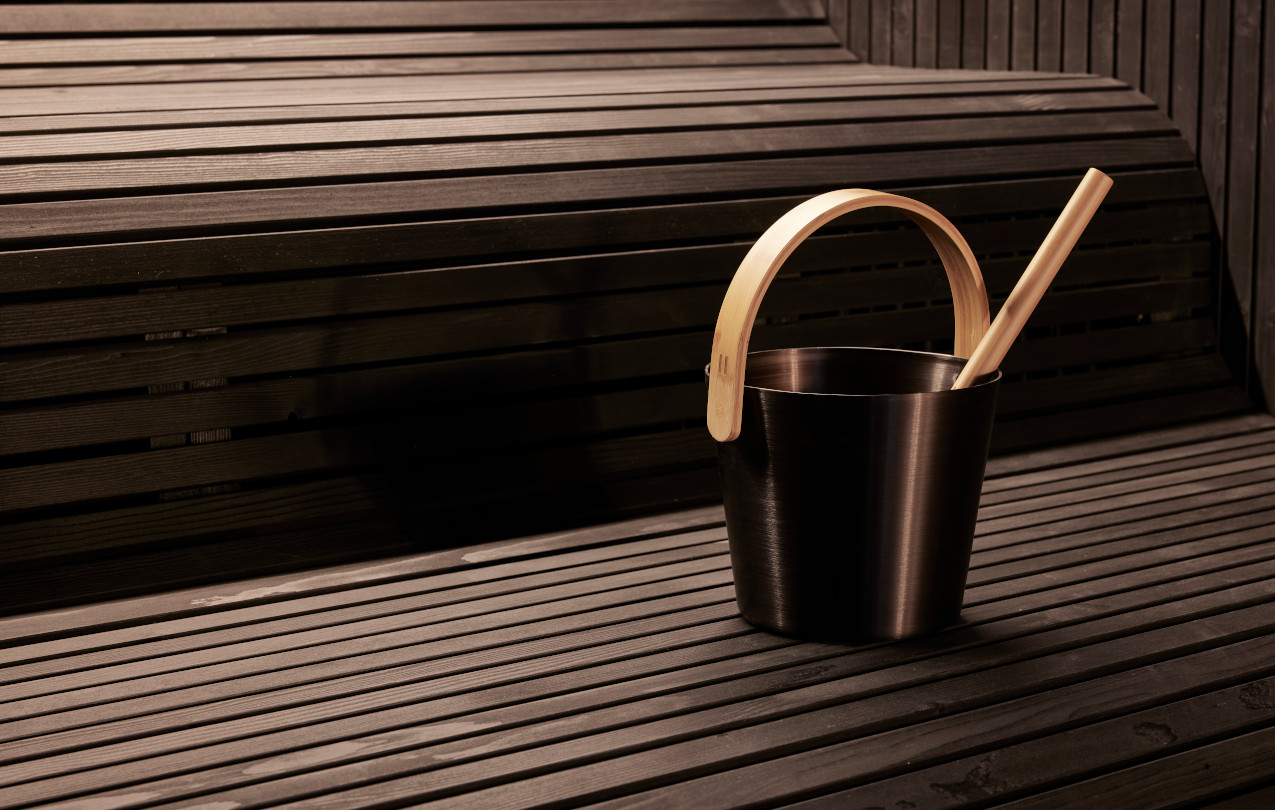Cold and longevity: a winning combo
The new frontier of prevention, natural beauty and anti-ageing care, invests on cold therapy and on its effect of activation and immunostimulation. The latest scientific research studies confirm it, and agree on one key point: cold, if well managed, is one of the most easily accessible and natural strategies to improve people’s quality of life and slow down the ageing process. How can cold influence our body to the point where it becomes an ally for a longer and healthier life? Exposure to low temperature leads to numerous psycho-physical benefits. We had Dr Vincenzo Primitivo, Head of the Scientific Research Department in Starpool, tell us more about them.
Cold can influence longevity primarily because it can fight the slowdown of metabolism, which increases the risk to develop several chronic diseases. At low temperatures, our body requires more energy to maintain internal heat, which pushes metabolism to work more and burn more calories as a consequence. This process favours weight loss and better control of blood glucose, both reducing the risk of developing cardiovascular problems or type 2 diabetes. The adjustment to low temperatures strengthens the immune system: it increases the production of white blood cells, thus enhancing the body’s ability to defend itself from infections, with a lower incidence of respiratory diseases and inflammation. The nervous and hormonal systems also benefit from this practice.

Cold stimulates the production of norepinephrine, a hormone with anti-inflammatory effects that helps the body to fight chronic inflammation, which is one of the main causes of pathological ageing. Another physiological response to cold is autophagy, the cell renovation process based on the degradation and recycling of damaged components. Scientific studies have shown that this mechanism of cell cleansing improves physical resilience, delays ageing and favours better resistance against oxidative stress, responsible for most degenerative diseases. Thanks to cold, the genes of longevity are activated and trigger an adaptive immune response to thermal shock, which makes the body more resistant against the risk of developing chronic diseases.

And these are only the physical benefits. Exposure to cold contributes to improving mood and mental well-being as well, by stimulating the production of dopamine and serotonin, neurotransmitters connected to stress reduction, and by activating the sympathetic nervous system, which promotes greater mental lucidity and reduces the symptoms connected to anxiety and depression. Including the benefits of cold in every-day life is not difficult: among the easiest methods, we can find cold showers and outdoor walks, even in winter. Our body only needs a few minutes to get used to the low temperatures.
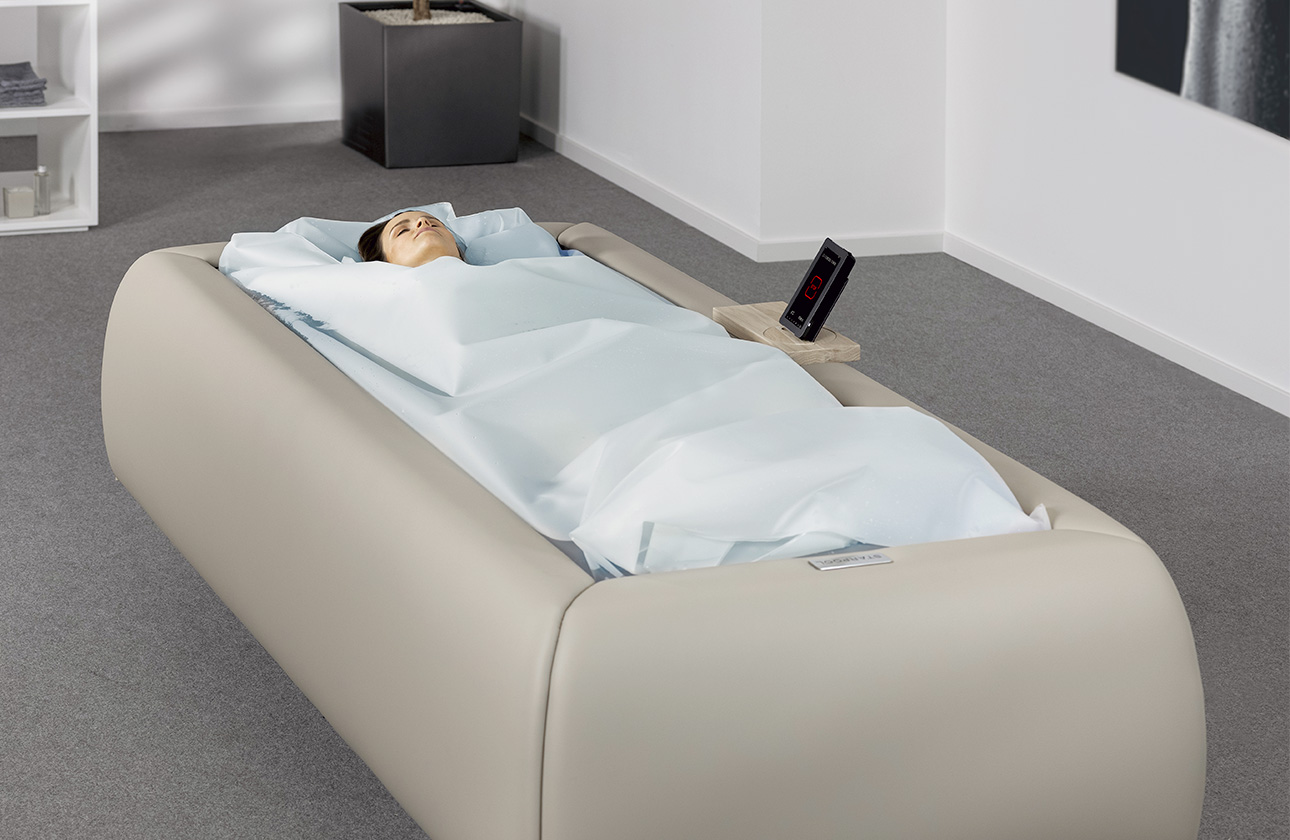
Cryotherapy, now popular in a lot of areas, is a practice that dates back to Ancient Roman times and allows you to experience cold exposure for a short period of time. The same benefits can be obtained also with a gradual and noninvasive approach to low temperatures, thanks to one of the innovative products by Starpool: Zerobody Cryo. The user, whose body is completely wrapped in a patented membrane and lying comfortably thanks to the dry floatation system, comes into contact with water without getting wet. Thanks to a cooling unit, the water temperature is brought to 4-6 °C. The access is gradual, making the approach to cold therapy easier, also in the daily life of people who want to start off their day with an energy boost.

Lastly, cold plunges in the sea or lake are more and more popular. A similar solution, consisting of plunges in icy water whilst remaining indoors, is Ice Bath ‒ designed specifically for recovery in the world of professional sports, but ideal to be used at home too. Ice Bath is designed to be used at a temperature ranging from +4°C to +8°C, ensuring a bespoke experience for optimum psycho-physical recovery. If well managed and made part of a healthy life style, cold exposure can become a precious ally for longevity in everyday life.


